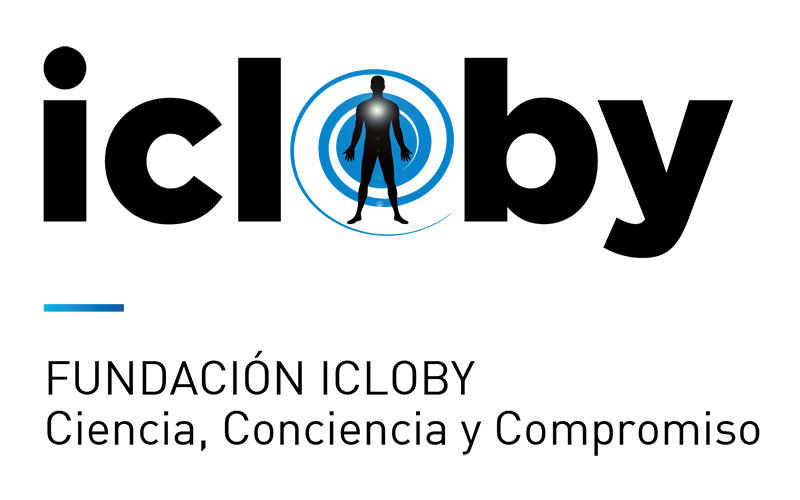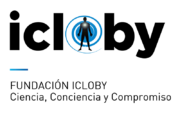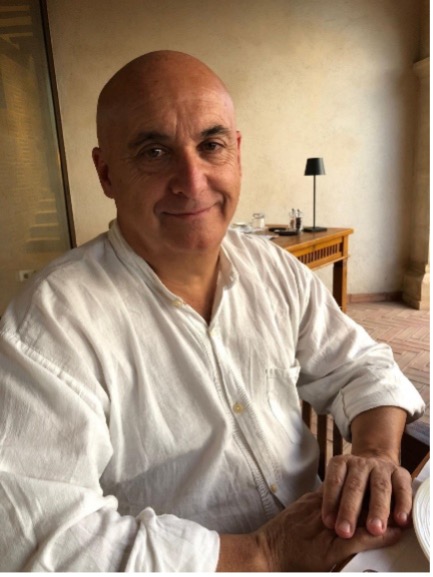جيرزي نيمان كان عالم رياضيات من بولندا. قدم المفهوم الحديث لفاصل الثقة في اختبار الفرضيات الإحصائية وطور إطارًا لاختبار الفرضيات الصفرية. كما ابتكر الطريقة التي تقوم بها إدارة الغذاء والدواء حاليًا باختبار الأدوية قبل الموافقة عليها. بدأ نيمان حياته المهنية في عدة مؤسسات في وارسو (بولندا), عمل لاحقًا في جامعة كوليدج لندن، وجامعة كاليفورنيا, بيركلي.
في 1939, أثناء التدريس في بيركلي, حدث شيء أصابه بالذهول وغير حياته وحياة أحد طلابه إلى الأبد - جورج دانتزيج. في بداية إحدى محاضرات نيمان, وصل Dantzig متأخرا جدا. على السبورة, وقد كتب نيمان مثالين مشهورين للمسائل الرياضية التي لم يتم حلها. عندما دخل دانتزيج, لقد افترض أن المشكلات كانت عبارة عن واجبات منزلية وقام بنسخها في دفتر ملاحظاته. قال دانتزيج لاحقًا إن المشاكل "تبدو أصعب قليلاً من المعتاد,"ولكن في غضون أيام قليلة, لقد توصل إلى حلول كاملة وسلمها كما لو كانت واجبات منزلية عادية.
بعد ستة أسابيع, اندهش دانتزيج عندما زاره البروفيسور نيمان, وسعدت بإبلاغه بأنه قام بإعداد أحد الحلول للنشر في مجلة رياضية دولية مرموقة. ليس هذا فقط, ولكن بعد سنوات باحث آخر, ابراهيم واد, نشرت ورقة حل المشكلة الثانية, تسمية Dantzig كمؤلف مشارك.
ماذا حدث? لأن Dantzig لم يكن مثقلًا بالمعلومات المقيدة, لقد تعامل مع المشاكل بعقلية منفتحة ومثابرة, مما سمح له بإيجاد الحلول. لقد كان مقتنعًا بأنه يجب عليه حلها، مهما حدث.
أطرح هذه القصة لتسليط الضوء على أهمية عدم التخويف بالقيود, التفكير التقليدي, أو النموذج "الرسمي".. سيخبرك الكثير من الأشخاص بما يمكنك أو لا يمكنك فعله, ما يجب عليك أو لا ينبغي أن تحاول. ولكن من الضروري عدم التأثر بالقيود, سلبية, أو الشك عند مواجهة المشكلات الصعبة أو متابعة الأبحاث التي تتعارض مع النماذج السائدة.
إن اتخاذ القرارات ذات الآثار العميقة أمر صعب دائمًا - خاصة عندما تتعارض مع الفكر السائد. نشعر بعدم الارتياح لدرجة أننا غالبًا ما نتجنب صنعها تمامًا. لماذا? لأن اتخاذ القرار يحمل في طياته إمكانية ارتكاب الأخطاء, والأخطاء تجعلنا عرضة للخطر. لهذا السبب, كثير من الناس يتركون الحياة تتكشف دون تدخل, قبول ما يفرض, يتصرف بشكل تلقائي، فاتر تجاه الحياة نفسها.
هذا الموقف يؤدي إلى عواقب وخيمة. وأهمها أننا نصبح متفرجين سلبيين على وجودنا, فقدان الاتصال مع جوهرنا الحقيقي. ولم نعد نوجه مسارنا بأنفسنا; بدلاً من, ظروف, البيئة, أو حتى اختيارات الآخرين تحدد ذلك. نحن نخدع أنفسنا بالاعتقاد أنه من خلال عدم اتخاذ القرار فإننا نتجنب الأخطاء, ولكن في الواقع, نحن نتخذ خيارا مصيريا: خيار عدم التصرف, عدم التحدث, لا للتساؤل.
تم التأكيد على أهمية هذه النقطة في كتاب بروني وير أعلى خمسة ندم على الموت, حيث يكون الندم الأول: "أتمنى لو كان لدي الشجاعة لأعيش حياة صادقة مع نفسي, ليست الحياة التي يتوقعها الآخرون مني."
ومن المفارقات, عندما نتخذ قرارًا وتسوء الأمور, نشعر بالمسؤولية. حتى الآن, عندما تنشأ المشاكل من عدم التصرف, يبدو أن إحساسنا بالمسؤولية أضعف, مخفف تقريبًا – نحن نخدع أنفسنا. الأمر الخطير حقًا هو عدم ارتكاب الأخطاء, لكنه يرفض اتخاذ القرار, وينتهي بهم الأمر بعيش حياة صممها الآخرون.
وبالتالي فإن هذه الافتتاحية هي بمثابة تكريم للباحثين السابقين في المجتمع الإسباني العظيم الذين, بطريقة أو بأخرى, بدأ هذا الطريق ومرر لنا الشعلة لنستمر: رواد مثل د. إنريكي فيلا, دكتور. جاكوبو جرينبيرج, والدكتور. خوسيه ميغيل جاونا, بالإضافة إلى العديد من الأعمال المنشورة, بما في ذلك المقالة المميزة لهذا الشهر والتي نقدمها في شكل ملخص. لقد قاموا جميعًا بالتحقيق والمساهمة بالمعرفة التي تدعمنا. بكل تواضع, نحن ندمج عملهم ونمضي قدمًا بتصميم, إلى جانب أكثر من خمسين متخصصًا في الرعاية الصحية في خمسة عشر مستشفى.
كزافييه ميلو دكتوراه
المدير المؤسس
مؤسسة ايكلوبي


